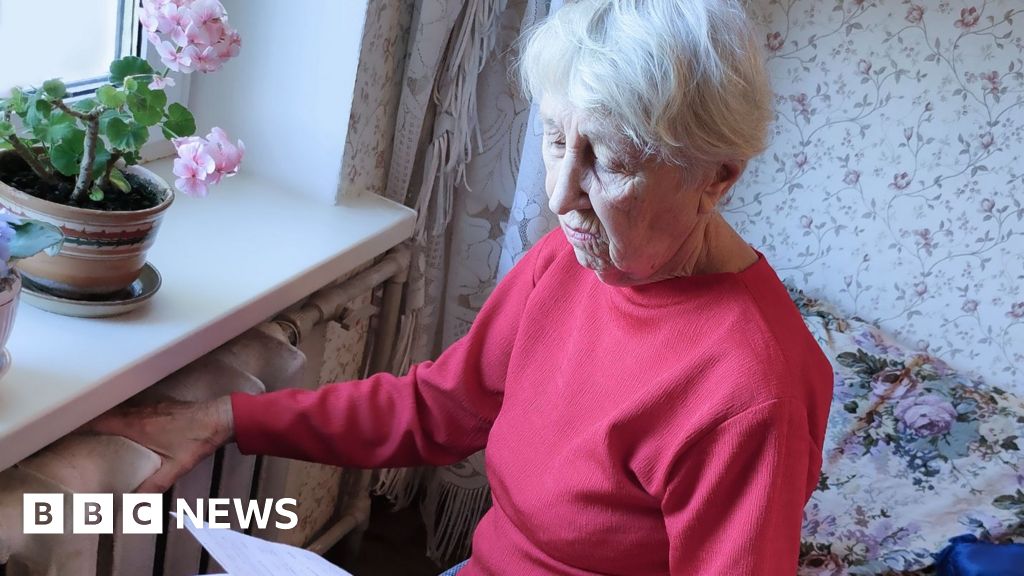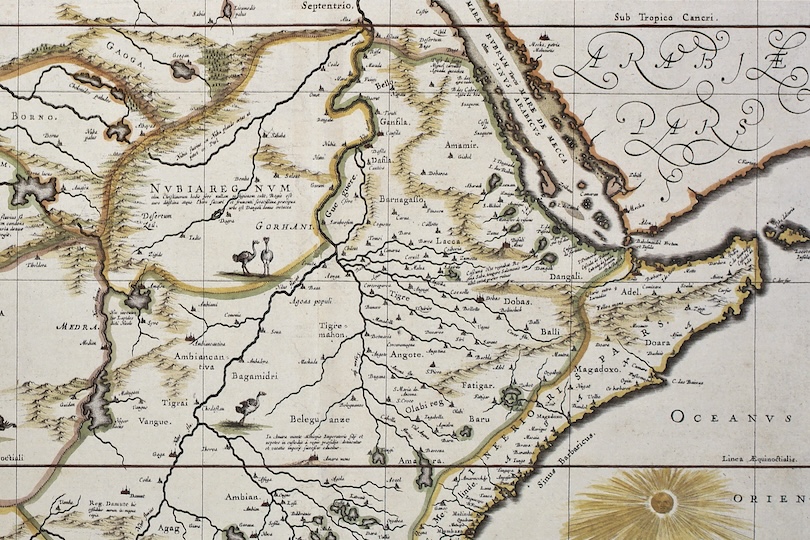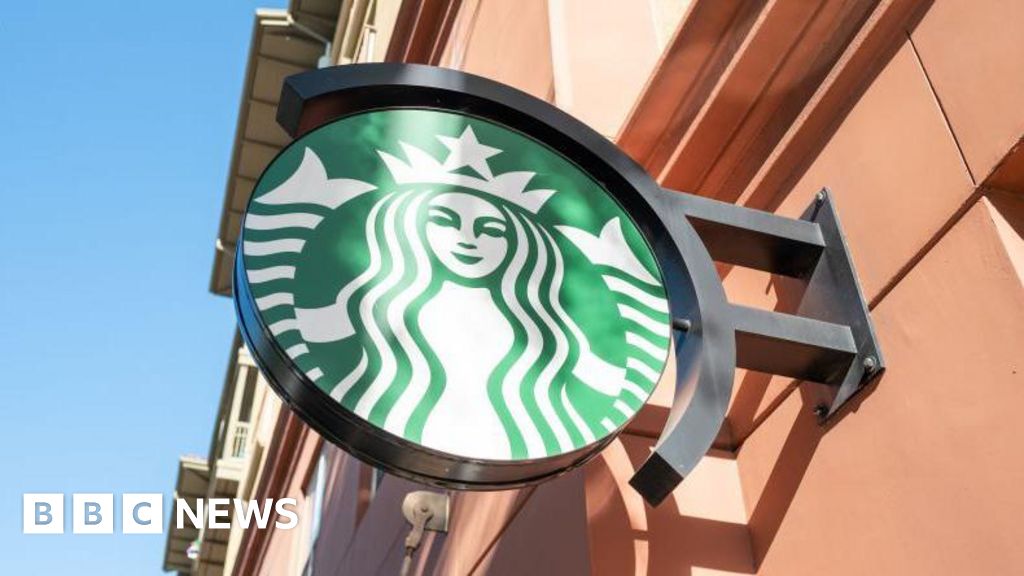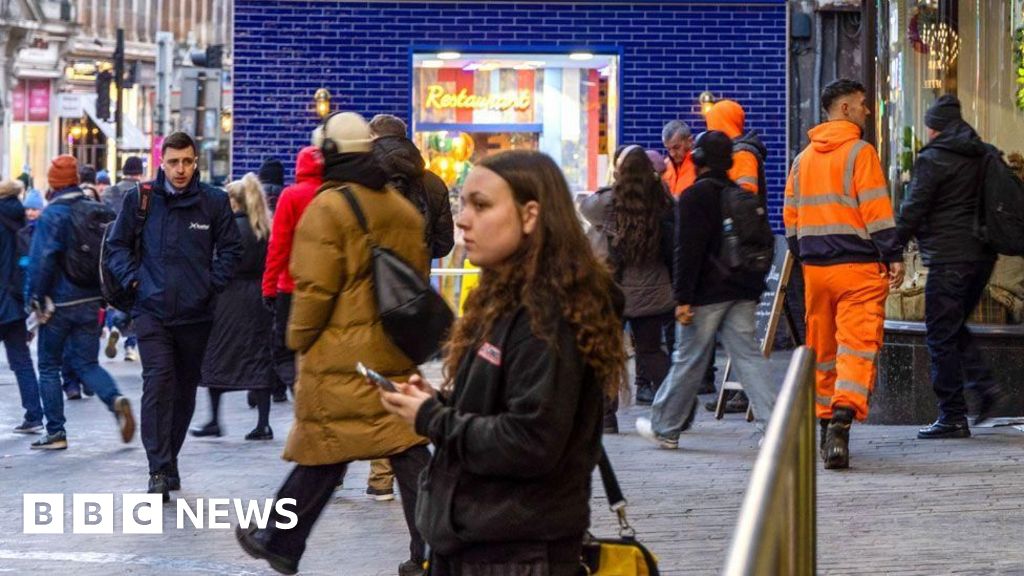
 Getty Images
Getty Images
The UK inflation rate has gone up for the second month in a row, with prices rising at their fastest pace since March. What does it mean for you?
What has happened to inflation?
The main measure of inflation - looking at how much prices had risen over the previous 12 months - went up to 2.6%.
That is a lot lower than its peak during the cost of living crisis. In 2022, inflation soared to 11.2% because oil and gas were in greater demand after the Covid pandemic, and energy prices surged again when Russia invaded Ukraine.
Inflation had fallen to 1.7% in September this year - its lowest level for over three years - but now it's rising again.
Why are prices rising in the UK?What has gone up in price?
The Office for National Statistics, which calculates the inflation rate, highlighted the rising cost of petrol and diesel as one of the key reasons behind the latest inflation rise.
Tobacco products went up after the chancellor raised taxes on them in the Budget. Clothing, footwear and electronic games also cost more.
But in general the price of services, such as theatre and concert tickets, education and health, rose faster than goods.
The cost of housing, including rent, which is calculated under a different headline figure, also rose sharply in the year to November - up by 7.8%.
But air travel saw its biggest November price fall since the start of the century.
Will prices keep rising?
Prices are almost always rising a bit; around 2% a year is considered a healthy rate of inflation.
Much lower than that risks people delaying purchases because they may get cheaper. A little inflation encourages you to buy sooner - and that boosts economic growth.
But the Bank of England currently predicts that inflation will edge up to 2.75% in the second half of next year before falling again.
The government's official forecasting body, the Office for Budget Responsibility, expects a similar increase. It has said policies announced in the recent Budget - including firms passing on higher costs from rises in employer national insurance and the minimum wage - would help drive inflation higher.
Could there be another cost of living crisis?
No-one is currently forecasting another big burst of inflation, but predicting the future path of prices is difficult, given all the factors that could influence them, from incoming US President Donald Trump's policies on trade to the mood of shoppers on the High Street.
On average, wages are now rising faster than prices, which helps to relieve the pressure, but of course prices for most things remain significantly higher than they were a few years ago.
Housing costs, whether rents or mortgages, especially are a major source of financial pressure for a lot of people.
Even if the rate of inflation does come down next year, that does not mean prices will fall. They will just rise more slowly, leaving most things more expensive than they were before.
What does it mean for interest rates?
On Thursday, the Bank of England's interest rate-setting committee will meet to discuss whether to cut rates.
They are not expected to bring rates down from their current 4.75%.
That is because higher interest rates help keep inflation in check by dampening down borrowing and spending. If borrowing gets cheaper, people are likely to have more money to spend which could mean prices rise faster.
So the higher inflation figure, added to the news earlier in the week that wages are growing faster than before, will have given the Bank more reason to wait.
Investors are factoring in rate cuts for next year, but expect them to come more slowly than was forecast a few months ago.
What is happening to interest rates, and what does it mean for mortgages?
 Movie
Movie 3 days ago
10
3 days ago
10 






![Presidents Day Weekend Car Sales [2021 Edition] Presidents Day Weekend Car Sales [2021 Edition]](https://www.findthebestcarprice.com/wp-content/uploads/Presidents-Day-Weekend-car-sales.jpg)



 English (United States)
English (United States)